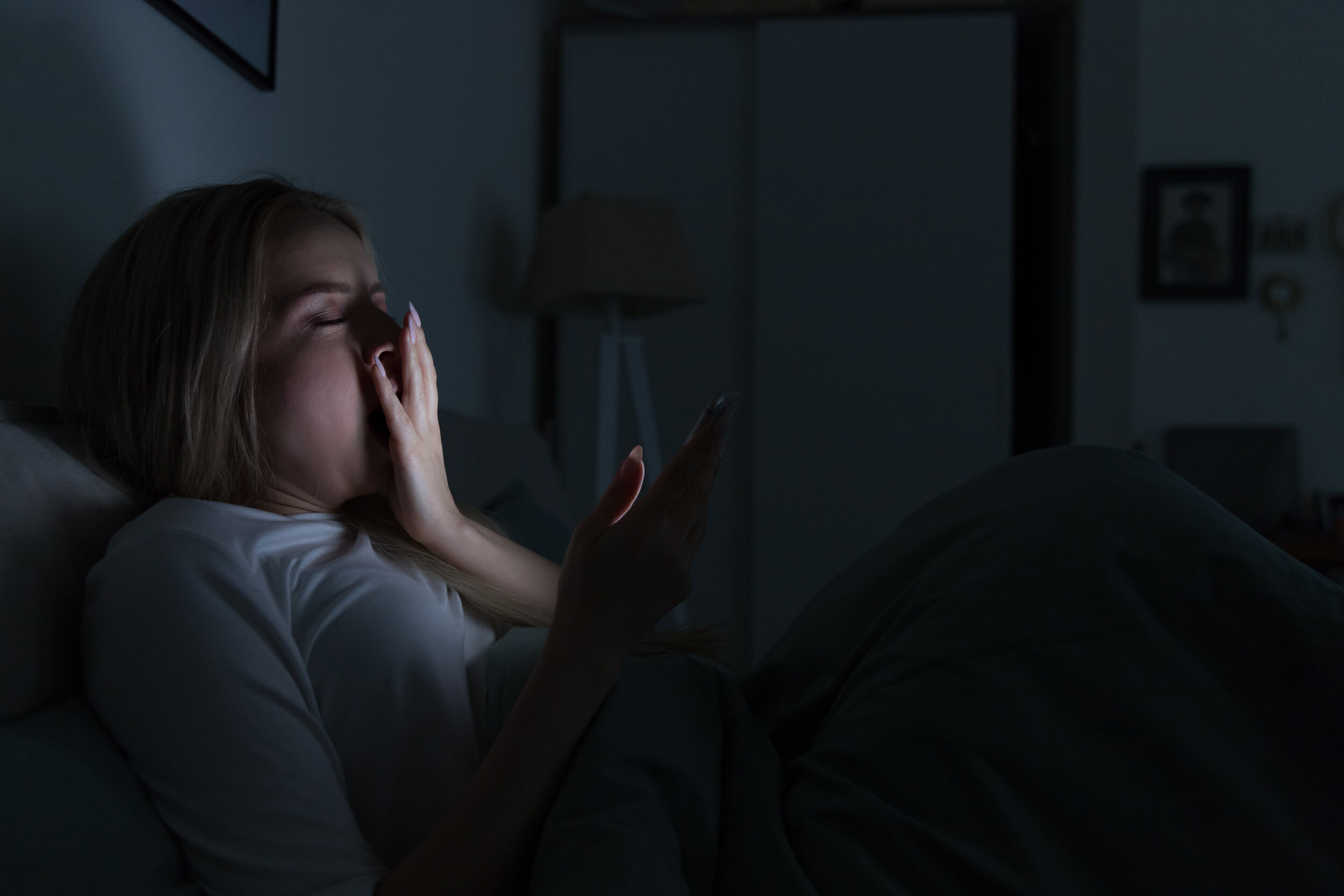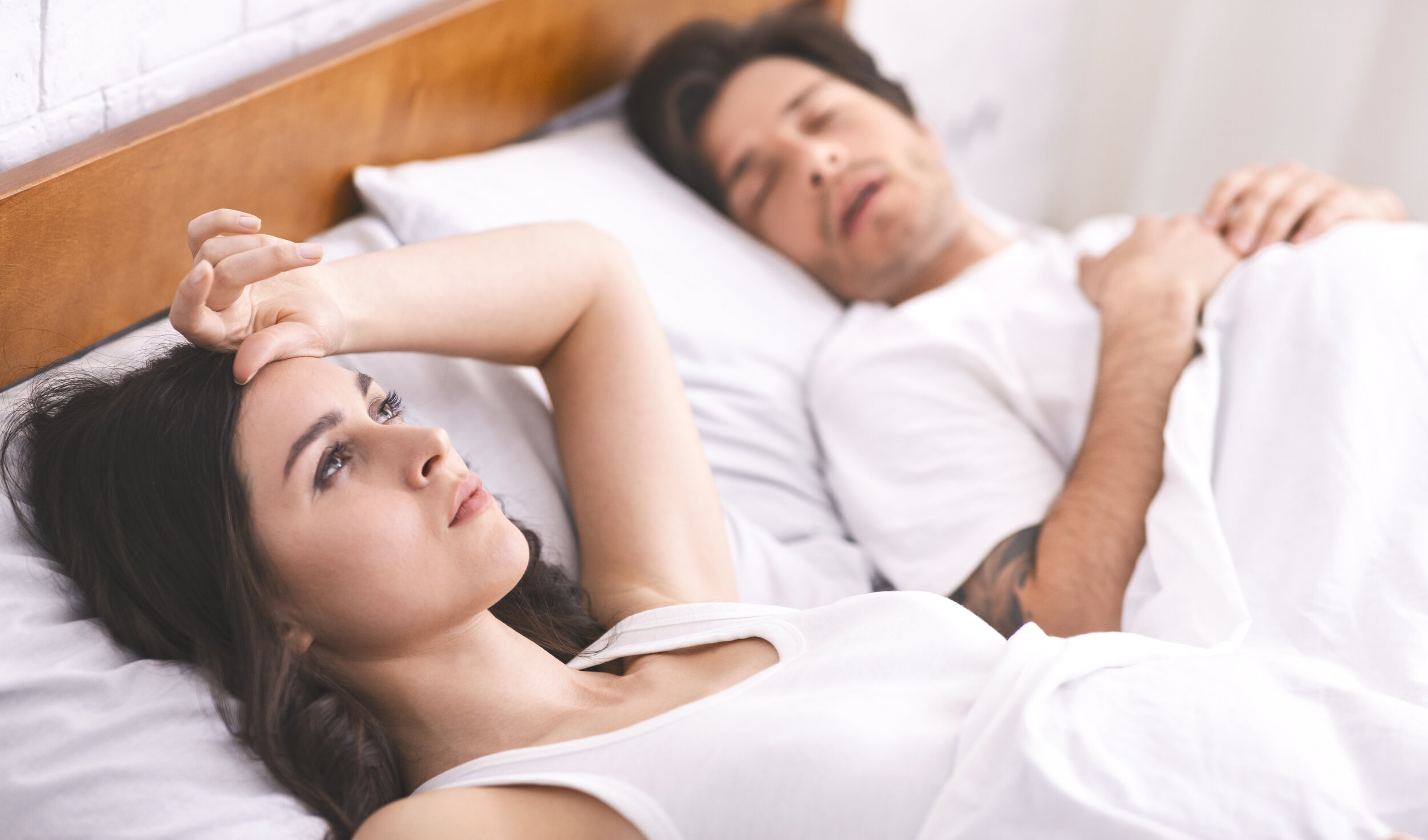
Sleep Disorders
Sleep Disorders, Insomnia, Trouble Sleeping
Sleep disorders can range from simply not being able to get enough sleep to sleeping too much. No matter which of the disorders someone suffers from, there is a commonality throughout them, and the biggest is that not being able to get quality sleep WILL have a damaging impact on a person’s quality of life…period.
Here are a few of the more commonly known sleep disorders:
Insomnia
This sleep disorder is defined by a person’s ability fall or stay asleep. Most people have had some form of insomnia during different points in life, but insomnia can be persistent and last for long periods of time for some.
There are 3 main types of insomnia:
Acute Insomnia: Acute can last up to a month. It can happen once per week or several times within the week. Acute insomnia is typically associated with life factors such as a new job, new home, upcoming tests, etc. Also called adjustment insomnia, it usually will resolve when the stressor is removed or resolved.
Chronic Insomnia: Chronic lasts more than 1 month and occurs at least 3 times per week. It can also be associated with other conditions in the body, both mental and physical.
Transient Insomnia: Transient is caused by changes in the sleep environment, such as when traveling. It typically lasts less than a week and doesn’t reoccur. It resolves on its own over a short time period.
What are some risk factors for Insomnia?
Women are affected by insomnia more than men. Plus, older people are impacted more than younger people, with middle aged African Americans being affected at a higher rate.
Other risk factors include:
- Rotating work shifts
- Mental health issues
- Chronic illnesses
What are some insomnia symptoms?
- Fatigue during the day
- Mood swings not brought on by other problems
- Difficulty concentrating
Sleep Apnea
Sleep apnea can potentially be a very serious sleep disorder for sufferers. Breathing stops and starts repeatedly during sleep. There are 3 main types of sleep apnea, obstructive, central and mixed. The most common form of sleep apnea, obstructive sleep apnea, occurs when the muscle of the throat relaxes.
Obstructive sleep apnea is associated with loud snoring that causes gaping or choking that wakes up the person and morning dry or sore throat. Although there are different types of sleep apnea, many of the same symptoms can arise because of the decreased oxygen that happens because of the interrupted breathing. Poor sleep quality can also lead to many of the sleep apnea symptoms.
What Are the Symptoms of Sleep Apnea?
- Irritability
- Excessive daytime sleepiness
- Headaches, typically in the morning
- Brain fog or trouble thinking clearly
- Trouble focusing or limited ability to focus
Narcolepsy
Narcolepsy can be a very alarming and disruptive sleep disorder for anyone who suffers from it. It is a chronic sleep disorder described as an overpowering and extreme daytime drowsiness and the immediate need to sleep. Narcolepsy can feel like a daytime “sleep attack.” People who have narcolepsy find it challenging to stay awake for long periods of time, no matter what the situation or event.
There are two types of narcolepsy, type 1 and type 2. Narcolepsy followed by cataplexy (loss of muscle tone) is type 1 narcolepsy. Narcolepsy that happens with no presentation of cataplexy is type 2 narcolepsy.
What are the symptoms of narcolepsy?
- Sudden loss of muscle control
- Muscle paralysis
- Hallucinations
- Disruptive nighttime sleep
- Daytime “sleep attacks”
Restless Legs Syndrome
Restless legs syndrome (RLS) is a condition that causes an uncontrollable urge to move your leg(s), usually because of an uncomfortable sensation. It typically happens in the evening or nighttime hours when you're sitting or lying down. Moving momentarily eases the unpleasant feeling.
Restless Legs Syndrome Causes
(RLS) has baffled doctors as they do not know the exact root cause of this sleep disorder. Genetics, as well as chronic disease may be a factor. Certain conditions such as diabetes, peripheral neuropathy, kidney failure and Parkinson’s disease have all been linked to RLS. Other sleep disorders and certain medications like antidepressants, antipsychotics, antihistamines could be the culprit for some suffers.
What are the symptoms of RLS?
- Unusual sensation of itching or crawling
- Powerful, uncontrollable urge to move the leg
- Feeling of pins and needles in the leg
- Throbbing or aching in the leg
How Does HBOT Help Sleep Disorders?
HBOT includes breathing oxygen in a pressurized chamber and can increase the oxygen to the body and the brain; thus, balancing irregularities in conditions such as sleep apnea.
HBOT can also promote repair through circulation and reducing inflammation to help relax the body to further promote healing naturally.
Because many sleep disorders are associated with underlying medical conditions or are a result of medications from illnesses or chronic conditions, HBOT may help the underlying cause to eliminate the source of the problem.

